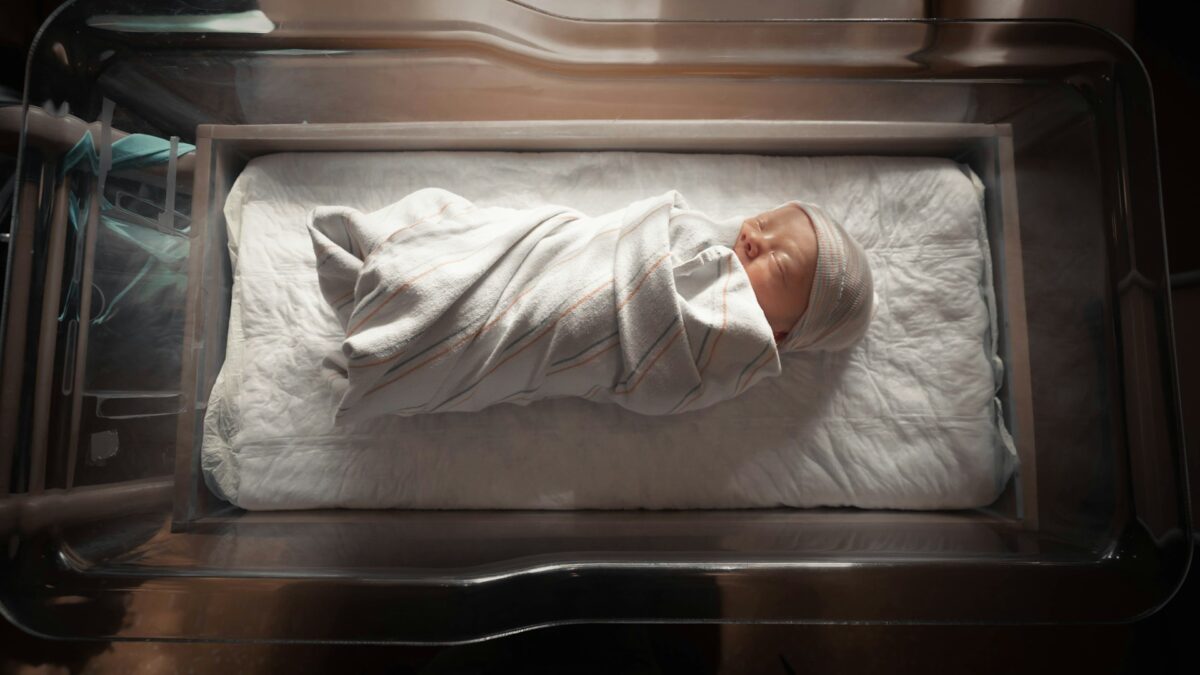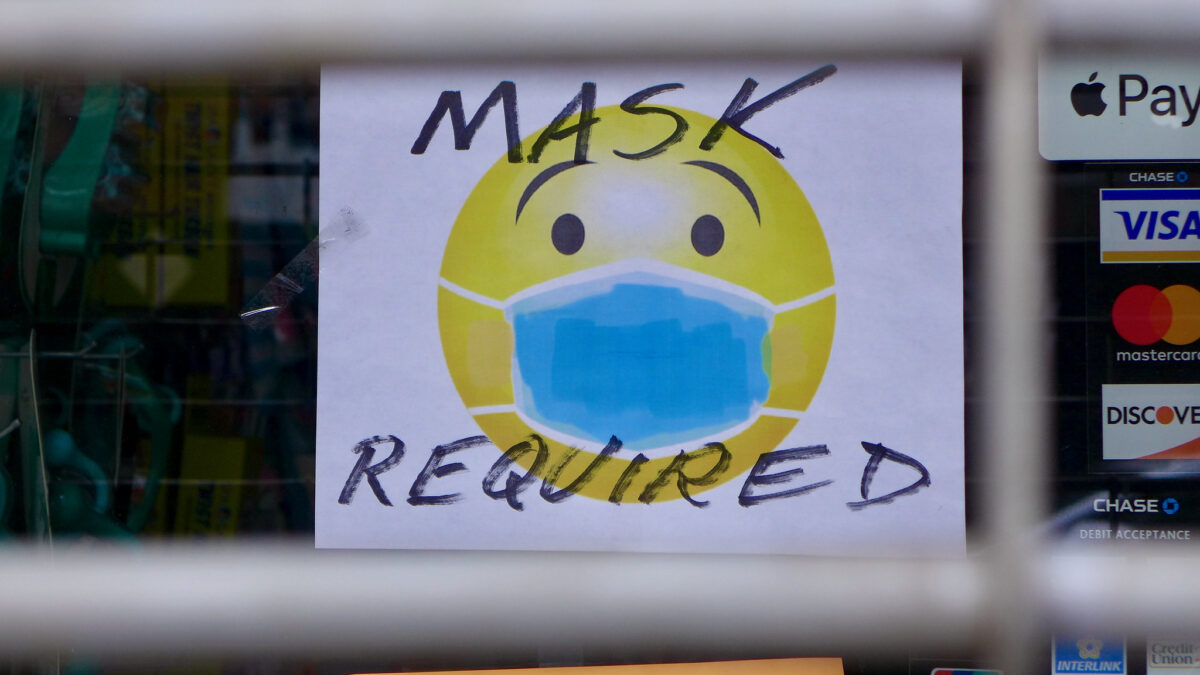
There is a battle in Illinois right now over a 1998 law called the “Health Care Right of Conscience Act.” That law, passed at the time by a Republican State Senate and a Democrat State House, contains wide-ranging and admirable protections for conscience rights when they intersect with medicine, including anti-discrimination protections.
The law makes it public policy to “respect and protect the right of conscience of all persons who refuse to obtain, receive or accept” health and medical services. It also prohibits “all forms of discrimination, disqualification, coercion, disability or imposition of liability upon such persons” on account of their “refusing to act contrary to their conscience.”
It furthermore defines “health care” broadly enough to even include testing, defining it as “any phase of patient care, including but not limited to, testing; diagnosis; prognosis; ancillary research…”
You might read such a statute and think, “That would offer great protection to people resisting COVID-19 vaccine mandates and even people resisting alternative testing regimes.” Indeed it would, and it has been rediscovered for exactly that purpose. Groups such as the Fraternal Order of Police in Chicago and a group of firefighters in Naperville have invoked the law to fight vaccination and testing requirements.
In response, the governor and legislature are now proposing amendments to “clarify” the legislation, by which they mean to prevent people from using it for its intended purpose, but contra the vaccination and testing rules they desire to impose now. A version of the amendment reportedly passed a House committee and discussion of the amendment was listed on the House calendar for Wednesday.
“The Health Care Right of Conscience Act was never intended to allow people to avoid public health guidance during a global pandemic,” said Emily Bittner, Gov. J. B. Pritzker’s deputy chief of staff. “The administration supports efforts to clarify the law, so it cannot be misinterpreted by fringe elements.” Those “fringe elements” apparently include policemen and firefighters.
The proposed amendment appears to entirely nullify the protections of the law from “COVID-19 requirements.” There has been a remarkable popular uprising against changing the law, although one must doubt it will be successful given the current legislature.
As of Wednesday afternoon, more than 52,000 people or groups had submitted witness slips against the proposed amendment, and only 733 in favor of it, prompting one local journalist to say he’d never seen anything like it before. The Catholic Conference of Illinois has also expressed opposition to changing the law. They do suggest the law should be “interpreted” to allow for a “testing alternative,” but certainly hold that the right to opt-out of vaccinations should not be removed from the law.
“The Act has been a model for the nation as a bulwark against attempts to coerce health care providers and their employees to engage in practices that violate their sincerely held religious or moral beliefs,” conference leaders said in a letter to Pritzker and heads of the Illinois General Assembly. “Piecemeal amendment of the Act would violate the fundamental principles for which the Act was adopted and would infringe upon the freedom not only of those currently making objections, but also of those who would seek to follow their conscience in the future.”
It might be said that this is the Religious Freedom Restoration Act (RFRA) fight all over again. That law was also bipartisan and non-controversial when passed. Also, about 20-30 years later, a group now disfavored by leftists (conservative Christians in that case) began appealing to state or federal RFRA laws, now to avoid being forced to “bake the cake” or host a gay wedding on their property or participate in other activities that violated their faith and consciences. The Democrat Party also suddenly discovered it didn’t really like RFRA laws either, claiming that what they were now being used for was not their intended purpose.
But the problem is not supposed misinterpretation of the laws. What has really happened is that the Democrat Party itself has changed, and so has what’s considered progressive. There is little concern for individual liberty left. Modern technocrats believe they know best about everything and do not believe anything should be outside of their control — not your children, and not your body.









